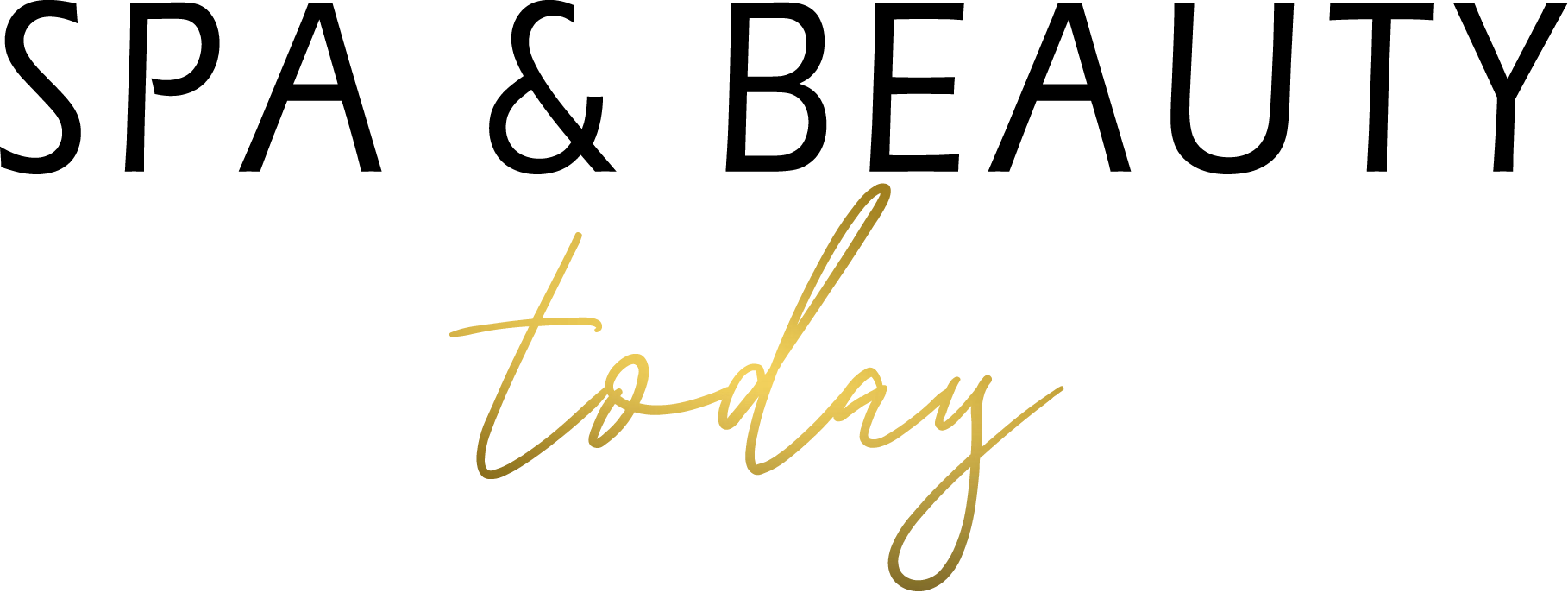Interview: Use Sound Healing to Improve Health and Reduce Stress with These Tips from Neuroscience Expert Dr. Patrick Porter
During stressful and difficult times, music can be extremely healing. It can help us relax, boost our mood, and comfort us when we are sad. Even though we may be stuck at home these days, there are many opportunities to experience the healing power of sound and music—whether it be through a community sound bath livestream or listening to your favorite artist on Spotify.
While technology allows us to experience sound in new and more accessible ways, sound healing has been around for generations and is actually an ancient practice. We caught up with neuroscience expert Dr. Patrick Porter, who has devoted his career to researching the effects of sound and brainwave entrainment, to learn more about how sound can affect your brain and improve mental, physical and emotional health.
Tell us about your background and what drew you to your research on the effects sound has on us?
Dr. Patrick Porter
I have always been fascinated with the brain and mental health. I began researching brainwave training in the 1980s. It’s a holistic and all-natural way to achieve physical mental and emotional balance. You can actually trigger neurotransmitter production and this is a game changer for mental and physical health.
Along with a team of scientists and mindfulness experts, I developed BrainTap Technologies, a company that produces digital health and wellness tools that use Creative Visualization and Relaxation. We are now a global leader in the personal improvement field. With a library of more than 1000 guided-audio programs, BrainTap® allows users to relax, reboot and revitalize while achieving peak brain performance.
Unlike mobile programs that merely calm or soothe, the BrainTap app creates a symphony of brainwave activity that restores your brain’s natural balance so you can feel relaxed, rebooted and revitalized anytime, anywhere.
The BrainTap Pro mobile app provides multiple bundles to explore improvement in all areas of our lives and the BrainTap Headset adds the clinically-proven restorative power of light, sound and frequency therapy.
What is sound healing and what are some of the ways it is used to improve mental, physical and emotional health?
Sound healing is the ability to use sound to accelerate the body’s natural healing potential. It can be used mentally to stimulate the “Mozart” effect. Whereby when classical music is played while studying or taking a test, the listener has less stress. This allows them to access their mind’s potential so they score better grades. Physically, we know that music can stimulate neurotransmitter production, which has a calming effect on the body and accelerates healing. Emotionally, you can use music to set the tone. If you want to relax and stimulate alpha activity associated with a balanced state of mind, you could play healing music designed for this purpose.
Do you have a tip you can share for an easy way that people can use music or sound at home to relieve stress or anxiety?
One way to use music is to find a classical music station or YouTube video with relaxing music. Put it on in the background and stretch or sit quietly. This will trigger the brain out of the stress mode and put them in the relax state. Then just focus on breathing deeply.
You can also put this music on if you have children studying. It’s been proven to develop the Mozart Effect. This means they will have less stress and actually be smarter.
How is sound used to bolster the immune system?
Let’s take a look back to 1975, the year Robert Ader and Nicholas Cohen at the University of Rochester demonstrated the classic conditioning of immune function, and they subsequently coined the term “psychoneuroimmunology.” Today, this field of study is growing rapidly as we better understand the relationship between your central nervous system and immune system. While some of the research has raised more questions than answers, researchers now know that both physical and emotional stress have a very real effect on your immune system.
More recently, in his groundbreaking book The Biology of Belief, renowned microbiologist Dr. Bruce Lipton states that stress is responsible for up to 90% of illness, including heart disease, cancer and diabetes.
Considering that stress sets off the body’s natural defense by releasing stress hormones that shut down non-essential systems including the immune system to conserve the body’s energy, Dr. Lipton’s assertion makes sense. In fact, stress hormones are so effective at compromising the immune system that physicians will give them to organ transplant recipients to keep their immune systems from rejecting the implant.
How is digital medicine in the form of sound healing used for enriching patient care?
Digital medicine has enriched patient care because now the patient has access to healing sounds through an app like BrainTap Pro or through their own library. This gives each user the freedom to perform this healthy treatment wherever and whenever they wish.
What are binaural beats and how do they help improve health?
Binaural beats are a specifically-designed audio program designed to put a signal in one ear, let’s say 310 hrtz. And another signal in the other, let’s say 300 hrtz. The brain of the listener doesn’t hear either of these tones. They hear a phantom tone of 10 hrtz. Our brain always hears the difference. That difference is then responded to by the brain and followed. The science of frequency following response shows that with the right algorithm you can use this to train the user in the brainwaves that are out of balance. For example, we can train Theta, which helps with sleep with this technology, thereby creating the neuroplasticity needed for change.
We actually train the brain over time. We don't wait for neuro-plasticity to happen. That's why we have over 800 sessions.
Is there a finding that you’ve had through your research that you’ve found particularly interesting or surprising?
We have found that people experiencing autism have very low or no Alpha brainwave activity. We have found that people who don’t sleep well have very little Theta activity. We have also found that because of stress, most people we have scanned (over 10,000 people) have over 50% of their brain in Delta. This means they are always tired and when they try to sleep, the brain wakes up. A normal brain should have a mix of brainwaves. Example: 45% beta when awake, 30% Alpha, 15% Theta, 5% Delta and 5% Gamma.
What is BrainTap Technology and how is it used to relieve things like stress, insomnia and more?
BrainTap’s digital tools and mind development apps use sound healing, creative visualization and relaxation— biohacking techniques that have made tremendous advances in helping mental, physical, and emotional health issues. BrainTap has been praised for helping people relieve symptoms associated with stress, insomnia, pain, and much more.
BrainTap is a powerfully effective tool designed to help people achieve balanced brainwave states that enhance production of all the necessary neurotransmitters needed for optimal function of body and mind. This exclusive, copyrighted technology has been extensively tested to create the perfect symmetry of sound, music, and spoken word for the ultimate in brainwave training and relaxation, providing your mind and body with all the benefits of meditation without the disciplined effort.
Unlike meditation apps, BrainTap’s neuro-algorithm produces brainwave entrainment—the synchronization of brainwaves to a specialized sound—with no user effort. The result of which is full-spectrum brainwave activity. Using this matrix of neuro-activity, each of BrainTap’s sessions is encoded differently to ensure maximum neuroplasticity—the brain’s ability to reorganize itself by forming new neural connections, resulting in a flexible and resilient brain.
You can try BrainTap Retreat through April 31st for free at braintap.com/retreat or try the 15-Day free trial at braintap.com/15-day-gift. To subscribe, visit braintap.com/bundles.
Lizzy Sherman is an award-winning digital content writer/editor. She has been a featured guest speaker at Cal State University Northridge, Digital LA and The National Association of Audience Marketing Professionals. When she's not writing, Lizzy enjoys yoga and playing guitar. Follow her on Instagram: @zillizy




